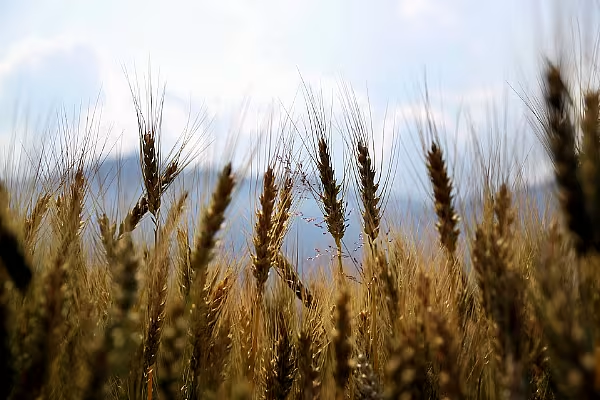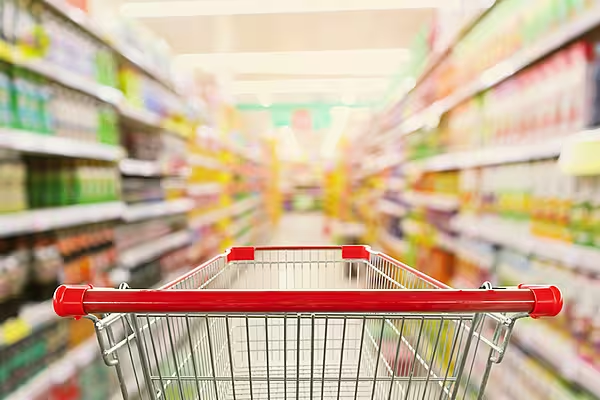Sweden's wheat harvest could fall by more than 40 percent on the year, hit by dryness and a heatwave, the head of the grain unit of giant Swedish farm cooperative Lantmannen has said, joining other producers around the world roiled by adverse weather.
It is the latest in a series of indications that a lack of rain and extreme heat have damaged crops in countries such as France, Germany and the Baltics.
As a result benchmark milling wheat on Paris-based Euronext hit a three-year high at 207 euros a tonne last Thursday.
Poor Harvest
Sweden's 2018 wheat harvest could fall to 1.7 to 1.9 million tonnes from around 3.2 million in 2017, Lantmannen's Mikael Jeppsson told Reuters in an interview.
Sweden may turn from a wheat exporter to an importer, with wheat needed for animal feed and bioethanol output.
Although a relatively small EU wheat producer, Sweden regularly provides high-quality export supplies to shipments being gathered by exporters in the Baltic region.
Lantmannen forecast Sweden's 2018 harvest of all grains and oilseeds will fall to a 25-year low of 4.2 million tonnes, down from 6.5 million tonnes last year and the five-year average of 6.2 million tonnes.
Successive Factors
"The very wet autumn in 2017 meant that wheat sowings for this summer's harvest were already down by about 25 percent on year," Jeppsson said.
"Now the exceptionally hot and dry summer has further reduced wheat yields and a sharp reduction in the harvest is now expected."
The unusual heat and drought in Sweden has also contributed to a series of forest fires in the country.
Wheat harvesting started around 10 days ago and one bright spot is the quality of the crop is looking good, Jeppsson said.
"I think this year's crop may be enough to cover Sweden's bread wheat needs," he said. "But it could be that Sweden will need imports of wheat for animal feed and bioethanol output."
"I think imports are likely to be made from elsewhere in the European Union."
The Swedish government said on Monday it had earmarked around 1.2 billion Swedish crowns for measures this year and next to support farmers hard hit by the drought.
Crisis Package
"We are presenting a national crisis package to Sweden's farmers," Finance Minister Magdalena Andersson said.
"The effect of the extended drought on pastures is causing a shortage of coarse fodder for the animals. And that makes us feel great concern for the Swedish food supply."
Funds are aimed primarily at covering for a lack of animal feed and loss of income due to the drought, the government said in a statement.
German farmers intensified calls for around 1 billion euros in special aid on Tuesday after crop damage, but Berlin said it would wait for an August harvest report.
News by Reuters, edited by ESM. Click subscribe to sign up to ESM: European Supermarket Magazine.














